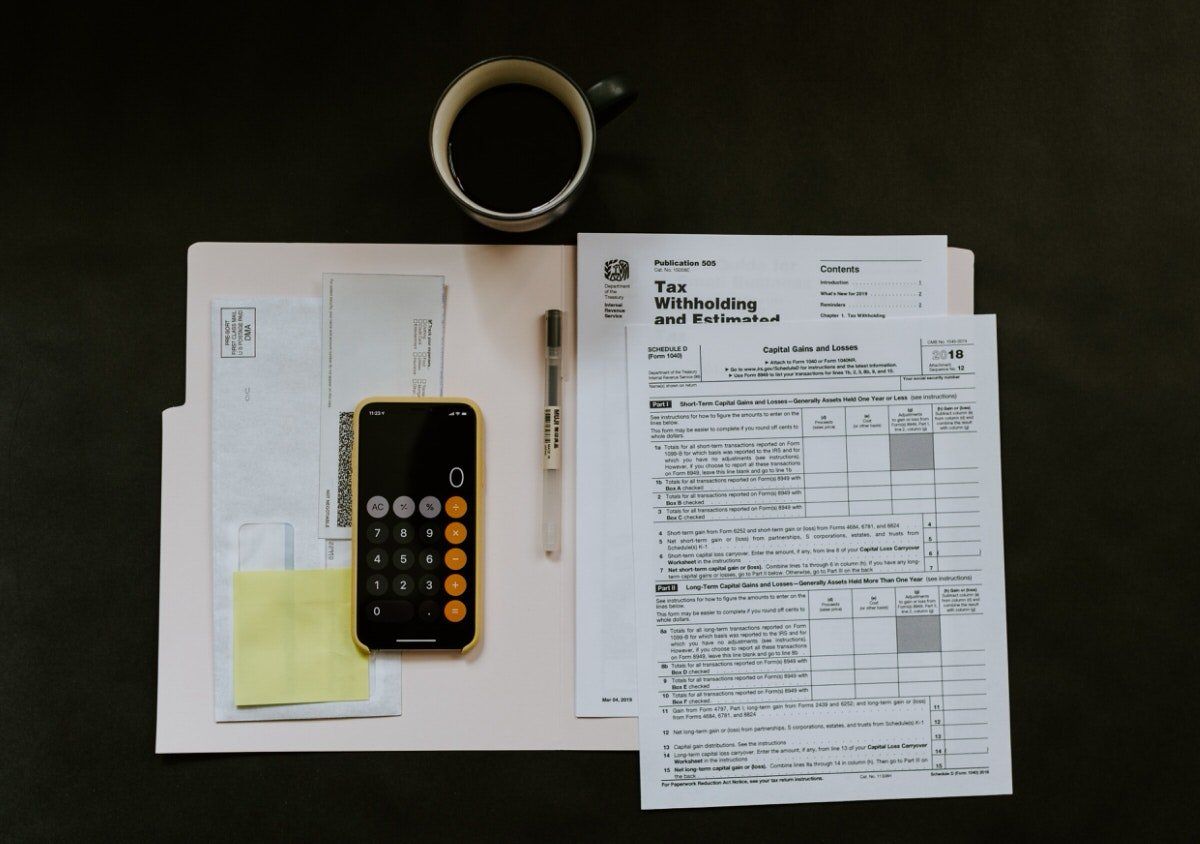6 Expert Bookkeeping Best Practices for Your Small Business
With decades of expertise supporting small businesses in British Columbia and managing their finances, Baldip Moore, CPA, CGA, has seen his fair share of “interesting” bookkeeping practices. From businesses keeping their receipts in a plastic bag to businesses not knowing where any of their invoices are, there is no shortage of unique stories from the field.
The problem with
bad bookkeeping practices is that they are not just funny — they can cost businesses thousands of dollars. Not having a systematic bookkeeping process and not working with an accounting and bookkeeping expert can result in audits, fines, and other penalties — not to mention a lot of stress.
Here are 6 bookkeeping best practices to follow.
1. Maintain a filing system for your documents
Don’t be the business owner who stuffs invoices and receipts into a plastic bag. Instead, develop a filing system for your important paperwork, such as invoices, receipts, bank statements, and credit card statements. The most common method many businesses use is to organize them by month. This makes it easy to find what you need later on.
While many people consider filing paperwork an administrative activity, it actually has great financial value to your business. The onus is on the business owner to present documents if they are asked by
Canada Revenue Agency (CRA). If you cannot produce those documents, then you cannot claim those expenses. This means those documents are worth actual money to your business.
Your documents are used to prepare year-end paperwork, optimize tax deductions, and improve your company’s bottom line. They can also come in handy during disputes, if you’re selling your business, or if you want to better understand your financial position. Once you have a document filing system in place, it will be easier to get your accountant and bookkeeper the files they need.
2. Establish a budget and stick to it
Many small businesses operate without a budget. This method of winging it results in large expenditures and subsequent business losses. It’s important to allocate a budget for your small business so you can more effectively control your spending. A budget also helps you reach specific goals and targets for your business growth and profitability.
There is also a psychological effect of setting a budget. If you have a formal budget, you are more likely to stick to it than if you just have a rough idea of how much you can spend.
Creating a budget helps you more effectively understand your financial situation and the cash flow you have available to spend.
3. Plan for major expenses
Maintain a reserve for any large expenses your business may have, such as for equipment, vehicles, furniture, technology, and office space.
It is likely that you will need to pay for a major expense every two to three years, so build it into your business’ budget and put aside a certain amount of money into the reserve every month. If you will need financing for this major expense, have an arrangement in place with a bank or lender.
With business planning, you will know that you have cash flow available whenever you need it.
A common problem small businesses have is that they don’t have a reserve of funds. When they need to make a purchase, such as getting a new business vehicle or buying new furniture for their restaurant, they are not able to do it because they don’t have the funds. They put the purchase off for a few months or even a few years. This makes their business look outdated, which then costs them customers and revenue.
4. Separate your personal and business expenses to avoid tax issues
It’s common for small businesses to put their personal and business purchases on the same credit card. However, this can present audit challenges later on. Use a separate credit card for your business and personal expenses. If you commingle and combine your finances, you can create tax and liability issues for your business and personal finances.
With separate credit cards, you can keep a clean
audit trail. This also saves your accounting and bookkeeping team time because they don’t have to manually separate your business and personal expenses. This can reduce the time spent on your year-end files and save you costs down the road.
5. Set money aside for taxes
Taxes should not come as a surprise — they need to be paid every year. Yet, many businesses do not set aside the funds for their taxes, and then are shocked come tax time that a payment needs to be made.
The best strategy to ensure you always set money aside for your business taxes is to use a separate bank account for them. Put a certain percentage of your income aside each month into that separate bank account.
Another strategy is to pay your taxes in instalments throughout the year. This way, you can make smaller, more frequent payments, rather than one large payment. For many business owners, this is more effective and results in less financial issues.
6. Work with a corporate lawyer to set up your business
There are many complex steps to setting up a corporation, including appointing directors, filing articles of incorporation, writing corporate bylaws, drafting a shareholders’ agreement, issuing shares, and much more. One of the biggest mistakes small businesses can make is not working with a lawyer to set up their corporation.
When corporate documents are not in order, it can result in major errors such as not issuing shares properly — which means there is no official owner of the business. In order to proceed with accounting and bookkeeping, the business needs to be set up correctly from the beginning.
Need bookkeeping and accounting assistance?
Handling your business finances is a full-time job that requires expertise and experience. Here are just some of the ways Bridex Accounting can help your small business:
- Ensuring your books are financially valid by recording and reconciling your transactions
- Building a robust day-to-day bookkeeping process for your business so you have a place to gather, generate, and archive source documents
- Keeping your general ledger, accounts receivable ledger, and accounts payable ledger
- Improving your financial forecasting, business planning, and budgeting
- Making accurate tax deductions for shared business expenses such as vehicles or mobile phones
- Improving your position for qualifying for supplier credit, business loans, and investor funding
- Ensuring you don't attract unwanted attention from the CRA











